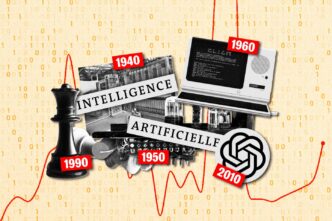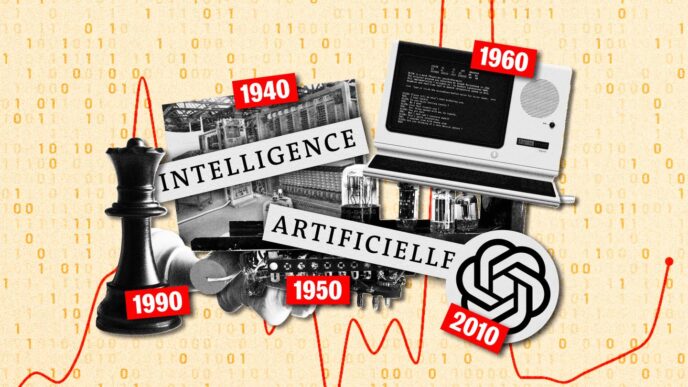Graduate job market shifts driven by economy, AI impact debated
The graduate labour market is seeing shifts this year. Bright Network’s Kirsten Barnes says it’s mostly down to broader economic factors and usual business demand swings, not AI alone.
Claire Tyler from the Institute for Student Employers (ISE) confirmed employers cutting graduate hires are not blaming AI. Other factors like increased employer national insurance contributions are slowing entry-level recruitment.
Ed Steer, CEO of Sphere Digital Recruitment, says graduate vacancies plunged from 400 in 2021 to about 75 this year. Companies want experienced hires who can “deliver for their customers on day one.”
But AI is part of the picture.
Auria Heanley, co-founder of Oriel Partners, reports a 30% drop in entry-level roles this year, saying AI combined with economic uncertainty is making things tougher for graduates.
Felix Mitchell, co-CEO at Instant Impact, says STEM jobs are the most disrupted. He expects AI to create jobs overall but warns losses are happening faster than gains.
Big tech is doubling down on AI agents. Microsoft highlights them as workplace assistants. McKinsey and Clifford Chance are early users. Anthropic CEO Dario Amodei warns half of entry-level office jobs could vanish in 5 years.
James Reed, CEO of Reed employment agency, calls 2024 “the year of AI” and says AI is embedding rapidly—“for better or for worse.”
Sophie O’Brien from Pollen Careers says AI has accelerated graduate recruitment declines. She warns many desk jobs processing info on laptops will become redundant soon. “There’s a workforce crisis coming,” she says.
Graduates must learn AI skills now.
David Bell from Odgers says law firms ask graduates about AI use in interviews. “Anyone who has not been using ChatGPT… will struggle to be taken on board.”
James Milligan, head of STEM at Hays, stresses the need for AI skills. “Jobs don’t die, they evolve.”
Chris Morrow of Digitalent points out AI is creating new roles like AI ethics and prompt engineering. Universities must catch up.
Louise Ballard, co-founder of Atheni.ai, warns basic AI literacy isn’t taught enough in higher education.
Chris Morrow adds:
“Universities need to embed AI learning across all their subjects.”
Graduates are turning to AI to apply for jobs, but caution is needed.
Bright Network says 50% of grads now use AI for applications, up from 38% last year. Teach First plans to ramp up non-writing-based vetting to combat AI-generated content.
ISE’s Claire Tyler warns overuse of AI could lead employers to end recruitment campaigns early and risk excluding under-represented groups.
James Reed notes:
“In the old days we used to screen out CVs that had spelling mistakes because we’d think the person isn’t paying attention to detail or is approaching things with a casual mindset. Now if you see someone’s CV with a spelling mistake you think: ‘Wow, that’s actually written by a person – it’s the real thing.’”
Smaller businesses present a bright spot for grads.
Pollen’s O’Brien highlights SMEs employ 60% of UK workers and often lack AI knowledge. Grads with AI skills could “revolutionise” these companies.
Dan Hawes of Graduate Recruitment Bureau says thousands of “under the radar” smaller employers are “desperate for brainy individuals,” but go unnoticed.
The grad job market is shifting fast. AI is part of the mix but so are economic pressures. Learning AI skills is critical to staying relevant. And looking beyond big firms to smaller businesses could open new doors.














